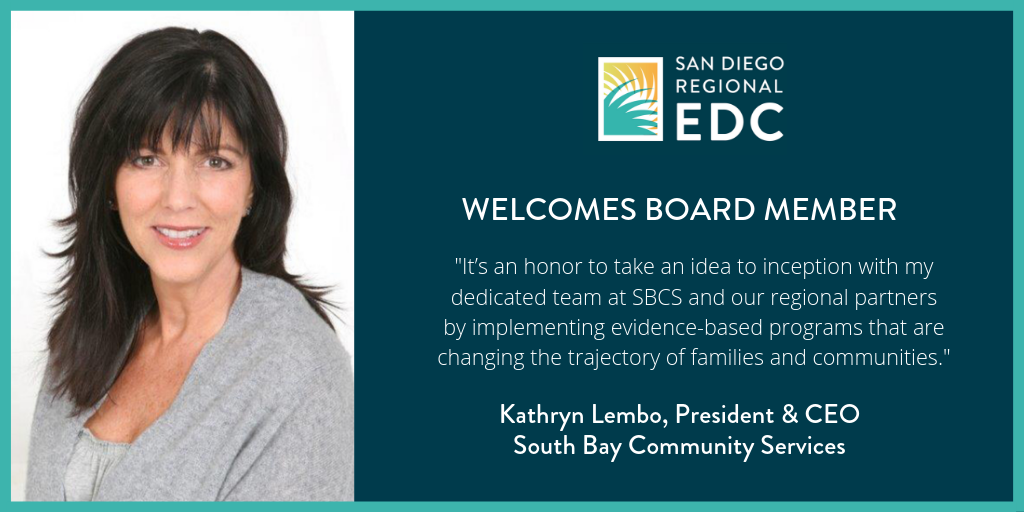
For our next Board Member Spotlight, meet Kathryn Lembo, president & CEO at South Bay Community Services (SBCS). Read her Q&A below, get to know Kathryn and find out why EDC’s inclusive growth efforts are something she finds most interesting.
What is your “day job”?
As CEO, my days are dynamic and filled with a broad cross-section of individuals throughout the county. I’m fortunate to have the opportunity to meet with residents and youth (many with no home) who share their crucial insight on challenges impacting everyday living and hopes for the future. It’s through their eyes that navigate my day in discussions with school, nonprofit, health, and business leaders as well as policymakers as we work together to build true measurable solutions that respond to our community’s challenges. Above all, it’s an honor to take an idea to inception with my dedicated team at SBCS and our regional partners by implementing evidence-based programs that are changing the trajectory of families and communities.
Of all the boards in San Diego, why EDC?
To grow San Diego’s innovation economy: This is something that will demand a diversity of voices contributing to the conversation. The economic vitality of San Diego County is also crucial to the well-being of families we [SBCS] serve, and thus, important for us to take part in developing a strong local workforce to benefit employers, economy and our population.
Favorite quote?
“Be the kind of woman that when your feet hit the ground each morning, the devil says ‘oh sh*t, she’s up!'”
We know San Diego is a life-changing place, what was your life-changing moment?
A couple of summers into my undergraduate studies in biochemistry, my father insisted I needed a summer job. He proceeded to find one for me – a job as a lifeguard at a home for girls in New York. I spent the summer getting to know these young women who had lived through and experienced some truly horrible situations. They taught me about resilience. Most all, I learned the importance of community in helping to build strong families. Even though their homes were scattered with issues like violence, poverty, and drug abuse, the girl’s dreamed and hoped of returning home to their families. The following school year, I changed my major and this experience was in part the reason for my professional journey.
What part of EDC interests you most?
I’m most interested in EDC’s inclusive growth efforts.
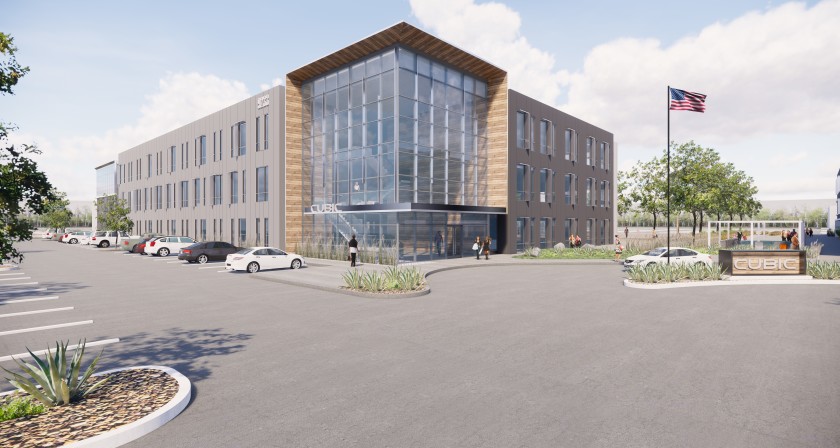
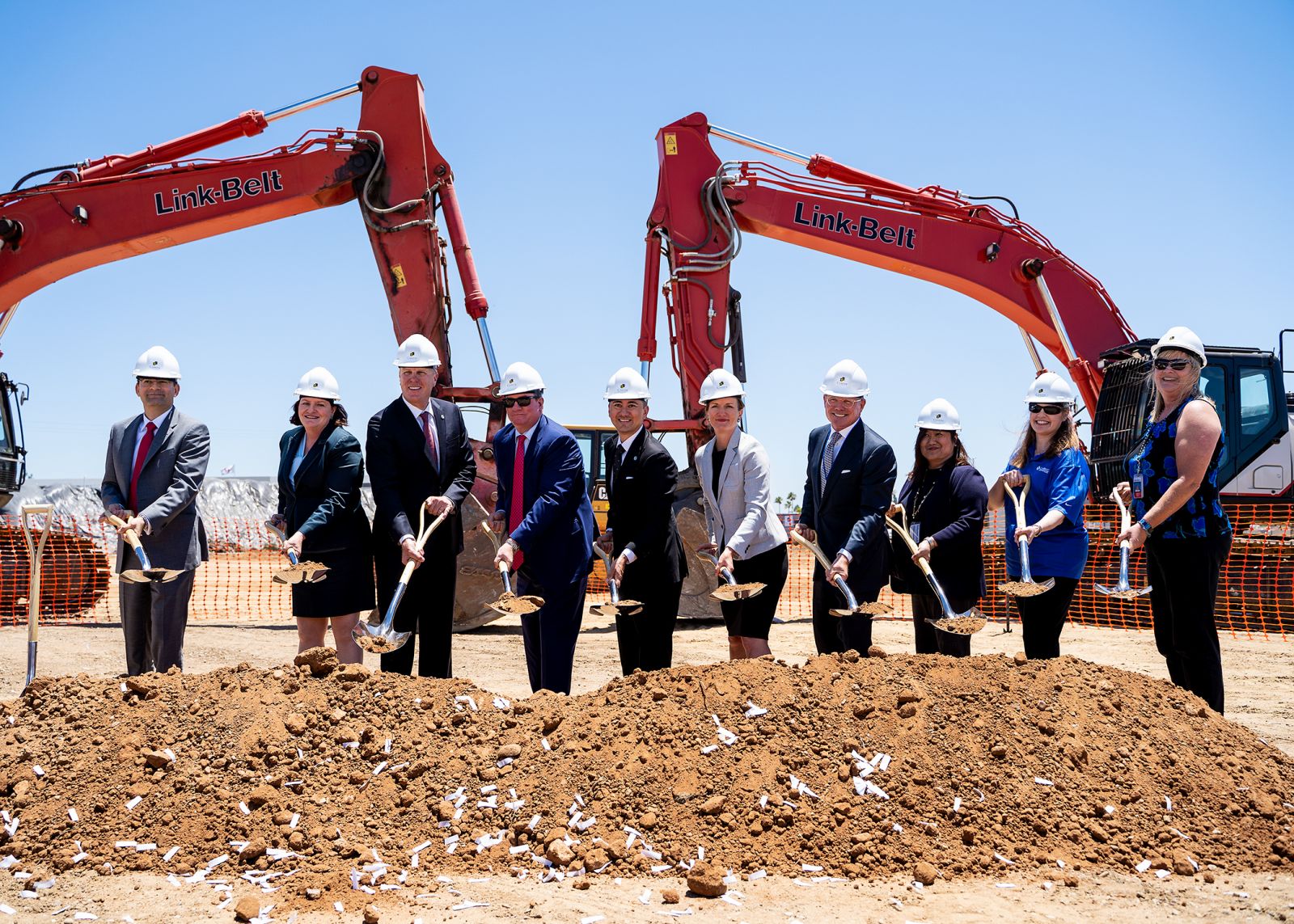

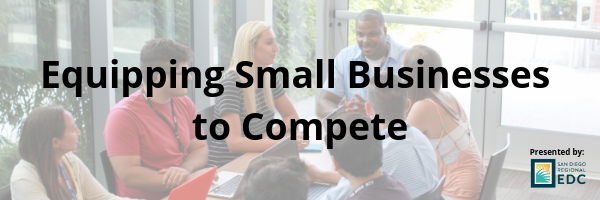
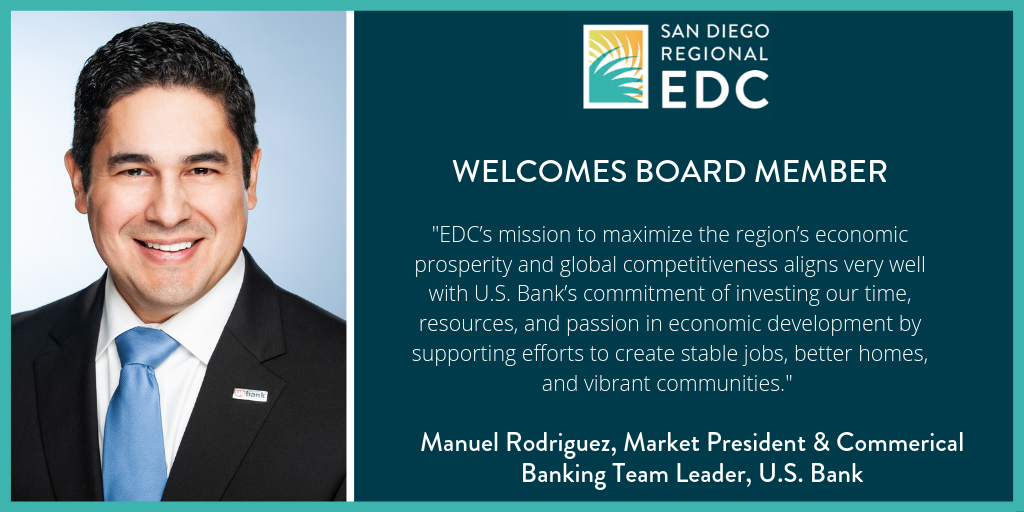
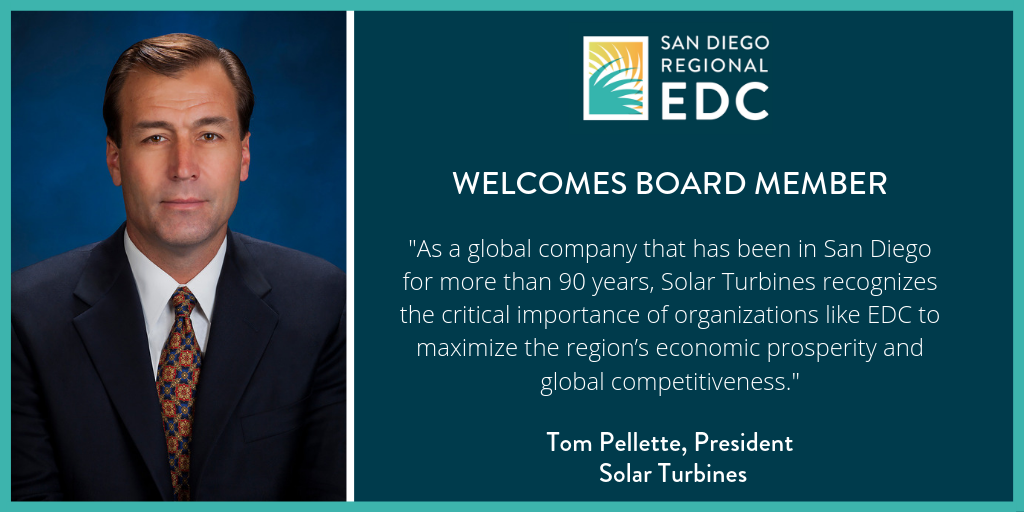
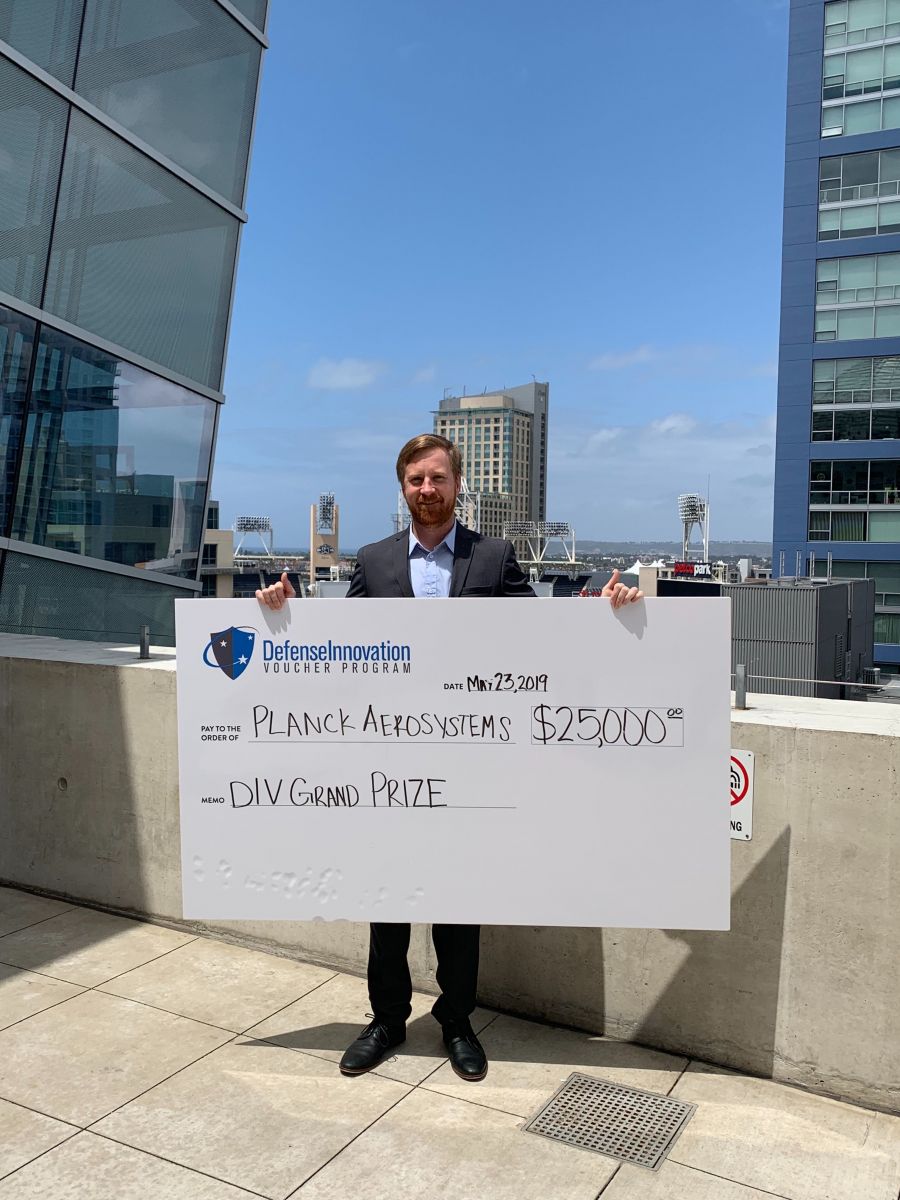
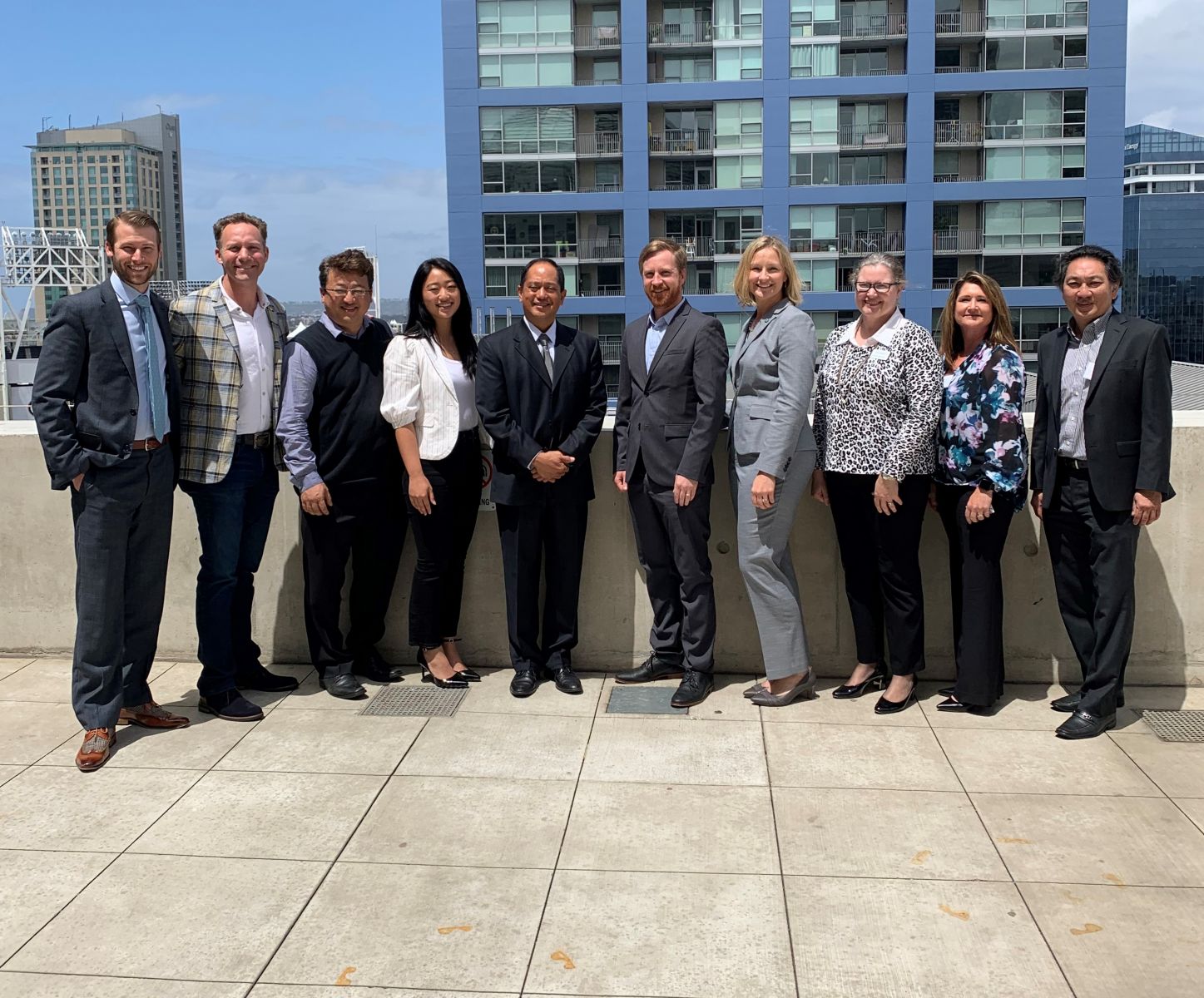
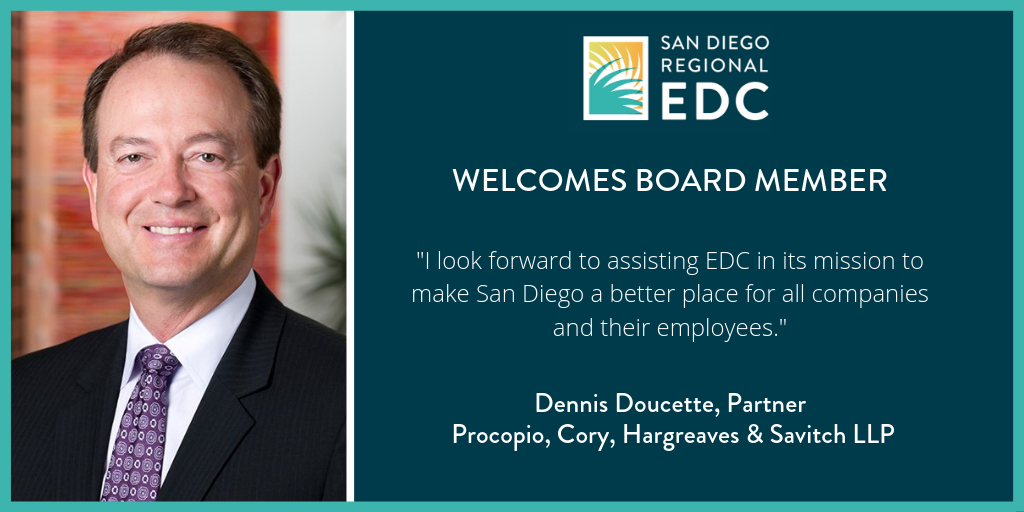
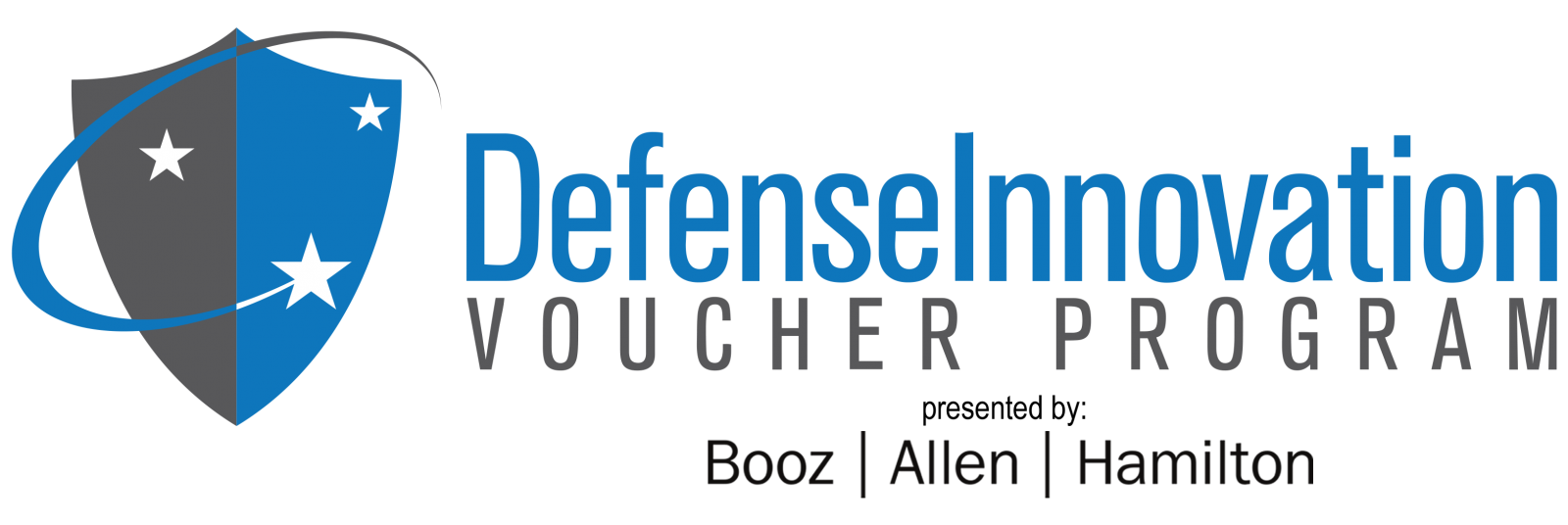
 EDC welcomed 10 new directors to its board, with Janice Brown, founder of Brown Law Group, continuing to serve as chair through May 2020. The board will help guide the programs and initiatives for the privately-funded, nonprofit organization with more than 180 investors.
EDC welcomed 10 new directors to its board, with Janice Brown, founder of Brown Law Group, continuing to serve as chair through May 2020. The board will help guide the programs and initiatives for the privately-funded, nonprofit organization with more than 180 investors.